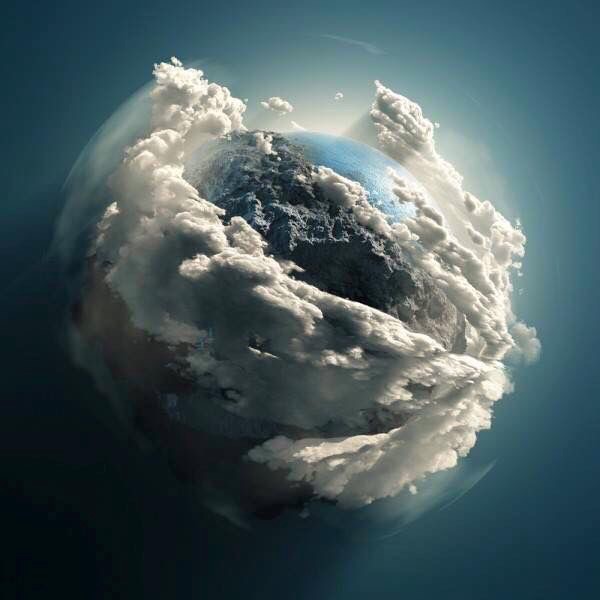Why are we here? I have always pondered that question. With each human you ask, you get a different perspective. Philosophers and writers have thought, questioned, and penned their conclusions, and yet we really don’t know.
Many people turn to religion to guide their existence. Following the rules of their beliefs will eventually promise them eternity in heaven. For non-believers of God, we are stardust in a naturally-occurring evolutionary event. For others, there is the belief that we all have a purpose. That purpose is the “why” we are here. Our civilization has been around for about 6000 years. Our ancestors much longer. It seems that right now, we are at a tipping point in the need to figure out our “why.”
Humans have found themselves on an exquisite planet. In our solar system, no other planet can compare to Earth.

If you are a thoughtful human, you look at this picture with sheer awe. The beautiful spinning ball is home. It is not just home to man, but to the most amazing and varied species of plants and animals. To look at Earth from an outsider’s view…it is truly a garden. Without the footprint of man, the creation follows a pattern of light and dark, cold and hot, bloom and barren, live and die. The cycle is predictable and balanced. The tides are the clock. Earth has been so intricately created that the details are perfection…that is until man.
Man arrives, evolves, and attempts to create for themselves something better. They destroy, pollute, torture, and demand. They remove themselves from the rhythm of life and set out to control it. As humans rule the earth, their imperfections mirror the world around them. Today, Earth is ill. Religious believers consider this part of God’s plan…the end of the world. For scientists, humans can change the outcome. For most people trying to survive in this cruel, man-made existence, they have no time to think about it…they just try to survive. So back to the “why.” Our whole existence and our magnificent planet could not have happened by mere chance. The intricacies are too perfect and repeated to be mere luck. We have to be part of a plan, a plan bigger than us. So if that is true, then why do we destroy our home and the life that calls it home? I believe that is the bigger “why.” Perhaps we are meant to listen to our hearts.

In lieu of greedy and selfish goals, we might look more towards heartfelt paths. For it appears the more we lust for profits, the more damaged we become. Would it not be reasonable to live with intention to preserve our planet, and in doing so, ourselves? Man has a brain, and yet ignores the already magnificent design surrounding them. Maybe our why is simple. It would seem a creator of such a masterpiece would desire caretakers. Is it not only reasonable to think that in doing so, we enable man to leave a legacy for generations to come? Profit is not legacy. Profit is a manmade way to create inequality and imbalance. As we move to the future, can innovation bring us back to our core responsibility?
As man creates artificial intelligence, that can further make our home more unstable, will humans truly go back to the “why?” Will we begin to become caretakers of life? A new mindset of social and global responsibility will need to emerge. The planet was thriving long before we arrived, and can thrive without us. But certainly the end of man is not an answer to the “why.” In fact, quite the opposite. Within each of us lies the answer. We must hear the symphony of life, feel the ebb and flow of the tides, and the tugs of our heart. For somewhere, somehow, we will understand our existence. It may be after death that we become complete, but until then, we acknowledge our connectedness to Earth. We are a part of this plan.

It takes only a few minutes to look around and know your “why.” It will be your footprint that can change the outcome of the big “why” or “why not.”
Originally published at medium.com

